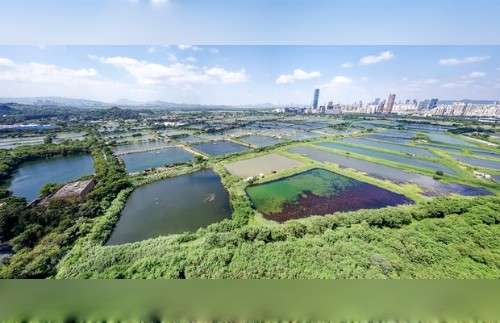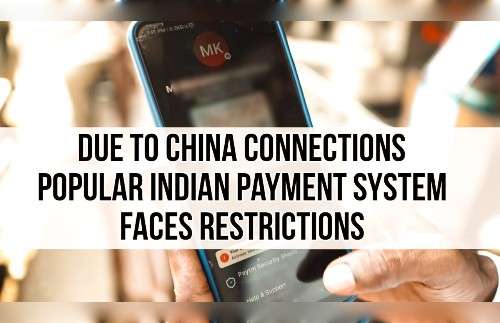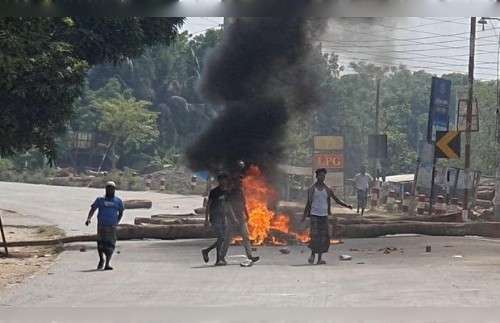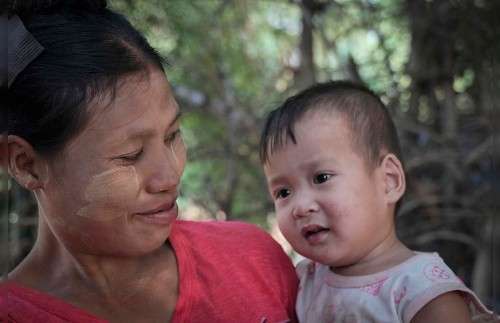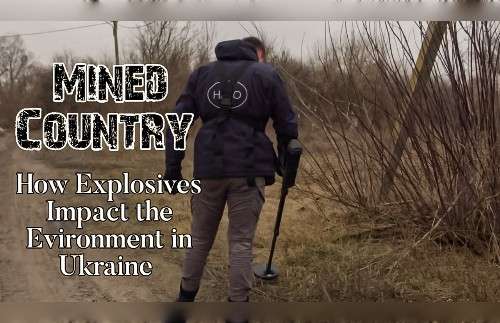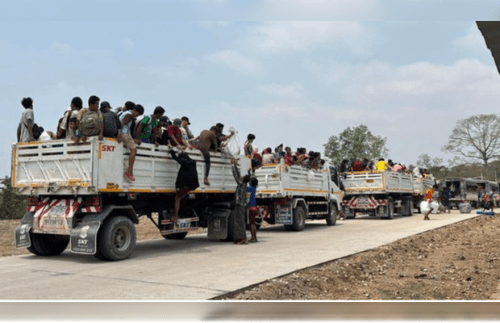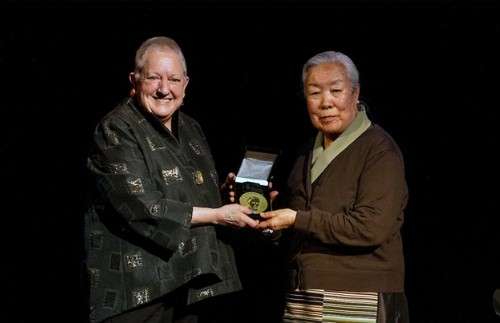Stora Enso’s decision came amid increased action on the issue of Uyghur forced labor across the globe.

A Finnish supplier has become the latest firm to cut ties with companies accused of supporting a forced labor scheme in northwest China’s Xinjiang Uyghur Autonomous Region (XUAR) after it stopped providing raw materials to one of the region’s largest producers of viscose adhesive fibers.
On March 29, Stora Enso, the world’s largest pulp and paper supplier, stopped providing the materials needed to produce viscose—a type of rayon fiber that resembles cotton but is synthetically produced from cellulose or wood pulp—to China’s Zhongtai Chemical Co., Ltd. From 2017 to 2020, Zhongtai had imported around U.S. $367 million worth of raw materials from Finland.
Zhongtai Chemical is a state-owned labor-intensive enterprise closely associated with the paramilitary Xinjiang Production and Construction Corps, or Bingtuan, and is the main supplier of adhesive fibers to Chinese cotton and textile factories throughout the XUAR.
Satu Härkönen, head of communications for Stora Enso, confirmed to RFA’s Uyghur Service that the firm has stopped supplying XUAR companies with the raw materials for viscose.
“We have our business relations there, but we have decided to walk away from the one business area which is global,” she said, adding that Stora Enso will not be speaking further with the media until April 23.
But she stressed that the reason for the decision was due to “normal market calls” and “not related to any country” in particular.
“We have been in the … pulp business globally since 2013 … and [this was a] strategic decision to withdraw from one global business area, it is not related to a [specific] market,” she said.
She declined to comment on reports of human rights abuses in the XUAR, despite the fact that Stora Enso’s decision was announced at a time of increased action on the issue of Uyghur forced labor across the globe.
In recent days and weeks, well-known brands such as Nike, H&M, and Adidas have made public commitments to stop sourcing cotton from the XUAR, after which they were openly threatened by the Chinese government and became the targets of citizen boycotts across China.
Camps and forced labor
Authorities in the XUAR are believed to have held up to 1.8 million Uyghurs and other Muslim minorities in a vast network of internment camps since early 2017. While Beijing initially denied the existence of the camps, China this year changed tack and began describing the facilities as “boarding schools” that provide vocational training for Uyghurs, discourage radicalization, and help protect the country from terrorism.
But reporting by RFA and other media outlets suggest that those in the camps are detained against their will and subjected to political indoctrination, routinely face rough treatment at the hands of their overseers, and endure poor diets and unhygienic conditions in the often-overcrowded facilities.
As international scrutiny over the situation in the XUAR has grown—including with the U.S. government and several Western parliaments designating it part of a policy of genocide in recent months—Beijing has increasingly “graduated” detainees to jobs largely under forced labor conditions, often in the region’s key cotton production sector.
International brands’ refusal to use what is being called “Xinjiang cotton” is having a serious impact on China’s cotton and textile enterprises in the XUAR, where forced labor forms the basis of manufacturing. As a result, the Chinese government recently began threatening well-known global brands that have committed to not use Xinjiang cotton.The global action on this issue has impacted not only cotton itself but also “adhesive fibers” in the XUAR supply chain—an important raw material in the production of textiles.
Estimates are that some 20 percent of global viscous fiber products are made in the XUAR. Zhongtai itself produced some 730,000 tons of viscose in 2020 alone.
Viscose is the only type of chemical fiber produced by Zhongtai. Reports in Chinese media have shown that the company has funneled Uyghur laborers through its labor transfer system. In 2019, it relocated 79 Uyghur laborers from Hotan (in Chinese, Hetian) prefecture’s Keriye (Yutian) county to an inland factory after relocating 84 from the prefecture in October 2018.
Zhongtai employs somewhere between 30,000 and 40,000 laborers in factories in the XUAR cities of Aral (Ala’er), Korla (Kuerle), Toksun (Tuokexun), Sanji (Changji), and the regional capital Urumqi. It remains unclear how many of those laborers are Uyghurs forced into working through state-run programs, and how many are regular employees.
On March 25, the Better Cotton Initiative, a global industry watchdog with nearly 2,000 members from throughout the entire global cotton supply chain, announced that it was banning the use of Xinjiang cotton. Previous news reports showed that the Xinjiang Zhongtai Textile Company, a subsidiary of Zhongtai Chemical, was engaged in the trade of Xinjiang cotton and cotton products. According to Chinese media reports, Zhongtai Chemical currently has two choices: find another source of raw materials or stop producing adhesive fibers altogether.
Cutting the supply chain
But while global attention to abuses in the XUAR has led to some corporate action, observers argue that targeted restrictive measures such as these still fall short of ending repression in the XUAR.
Asiye Abdulehed, a Uyghur activist and analyst in the Netherlands, told RFA that the situation will turn in Uyghurs’ favor only after supply chains and other links to China are completely cut.
“An embargo will have some power [to force change], but given the current situation in China, [we have to keep in mind] that the cotton products coming out of our homeland account for more than 87 percent of China’s cotton exports,” she said. “This means that most of the cotton in China comes from our homeland.”
Abdulehed also emphasized that the global supply chain is closely linked to abuses in the region.
“Because these cotton products from our homeland are currently being sold all over the world, they’re connected in a chain with factories all over the world, famous and unknown factories alike,” she said.
“If the international community really wants to fix this situation, to stop Uyghur slave labor, we must clarify China’s entire supply chain and discern to what level [the use of forced labor] has risen. The supply chain is spun like a spider web. Only when the supply chain and circles of supply are broken will a situation that is favorable to Uyghurs and strikes a blow to China take shape.”
Reported by Jilil Kashgary for RFA’s Uyghur Service. Translated by the Uyghur Service. Written in English by Joshua Lipes.
Copyright © 1998-2020, RFA. Used with the permission of Radio Free Asia, 2025 M St. NW, Suite 300, Washington DC 20036. https://www.rfa.org





